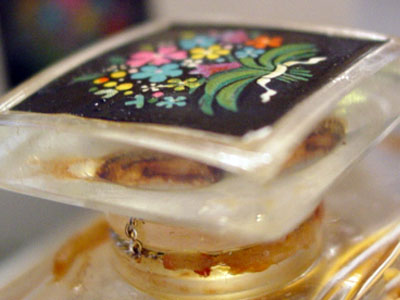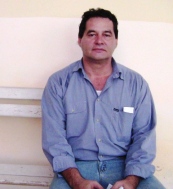The kakebo comes from Japan and is a hybrid between a calendar and an accounts book. It is said that Tomoko Hina, the first Japanese woman journalist, was the one who at the beginning of the 20th century developed the first kakebo in order to arrange and record household expenditures. Housewives adopted it in order to organize the family economy and optimally administer resources. Now its application has extended and there are kakebos of all kinds and all varieties and models, for big families to singles. And for the first time here the year 2014 will feature Kakebo, book of accounts for household savings, published by Blackie Books (17.9 Euros).
With this news*, I eat breakfast with which, for years, my family’s economy has passed through a Kakebo. A school notebook with the grid paper that they hand out freely, have been our expense control. The page, divided in the middle to reflect the Cuban pesos on one side and the convertibles on the other. Before, we had tried to manage our accounts by dividing our money into four parts corresponding to the money for the month destined for food each week, only to invariably violate the envelopes before the immediacy of an unexpected expense.
We resigned ourselves then to record expenses until the day on which we open the drawer and now there is no money; for a brief stage, with variable success, pockets, wallets and old ashtrays are checked, today often earmarked. Now it is known that it is time to eat the pseudo-bread of the notebook, I cannot buy coffee and the oil must be stretched. Extravagances like beer, beef (including hash), or butter, a short while ago became harmful options, and not precisely to one’s health. Must-have luxuries? Coffee and hair dye. That of bars, tobacco and meals out is a misplaced concern.
I’m dying to know what kind of welcome the sale of these Japanese philosophy notebooks will have in Spain. I don’t know about the rest, but I can’t get it out of my head that whoever has to keep accounts, does not spend eighteen Euros on some other consumer object. For my part, I am about to abandon the daily notes, because I have arrived at the conclusion that everything has come to everyone in Cuba: on the topic of expenses and income, this film is backwards.
*Translator’s note: The link is to an article in El Pais about Kakebo notebooks
Translated by mlk
6 November 2013












